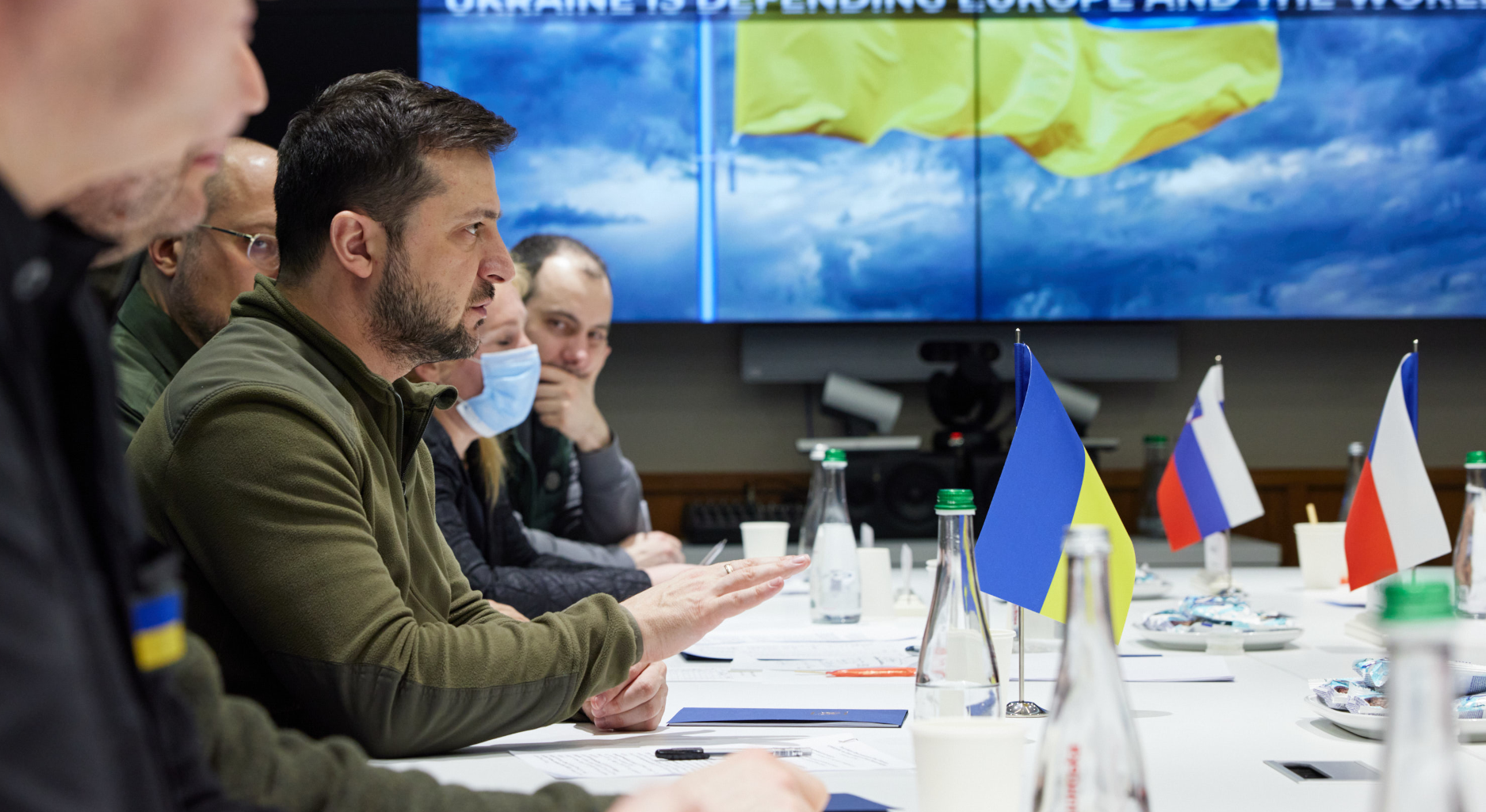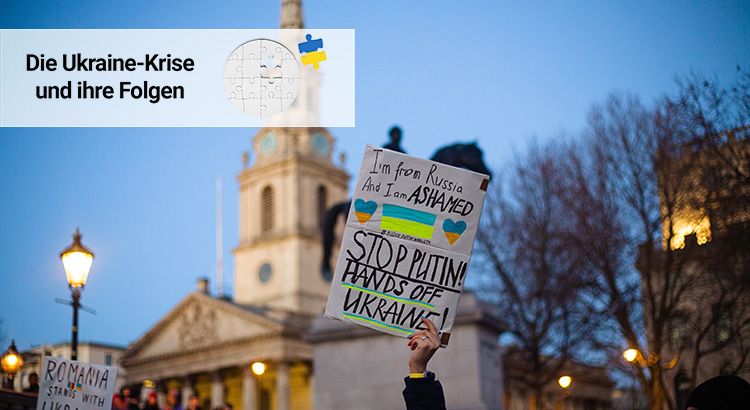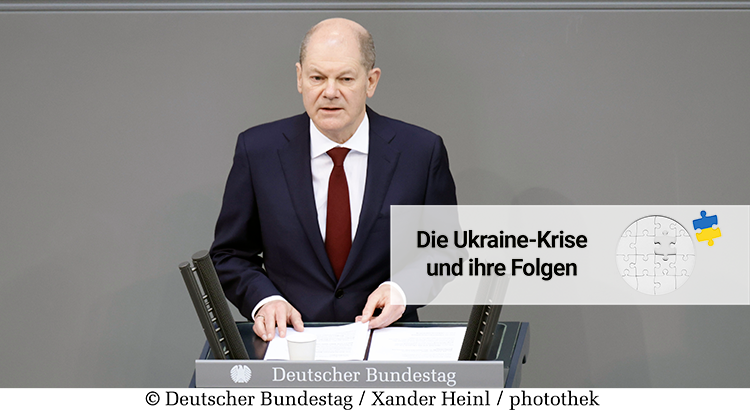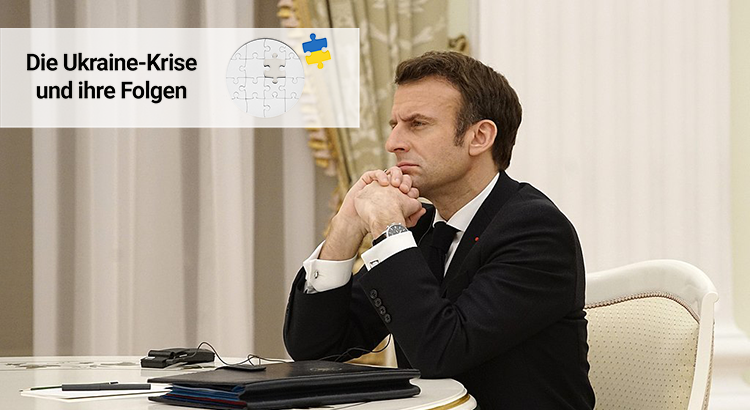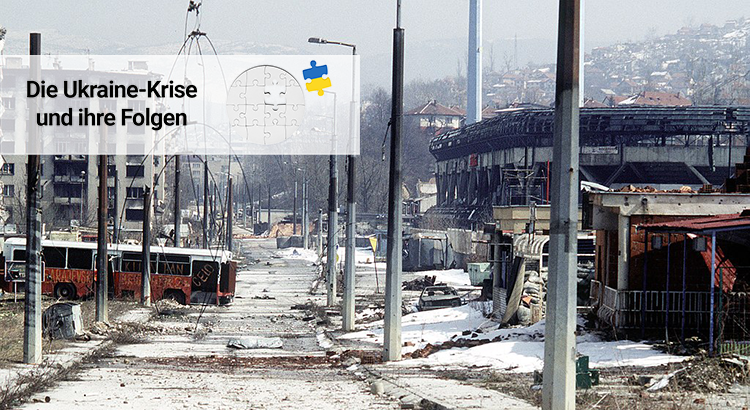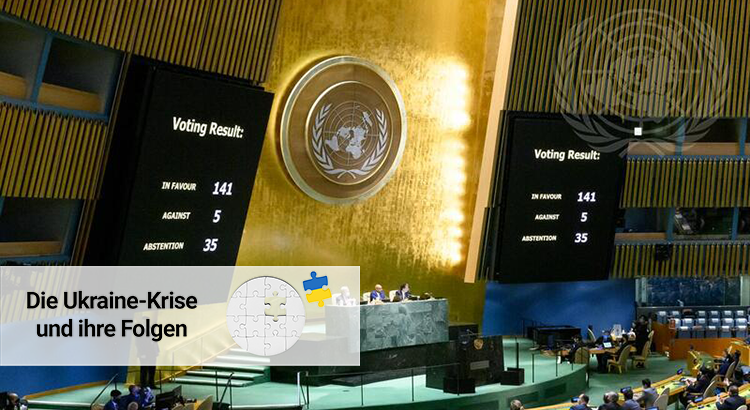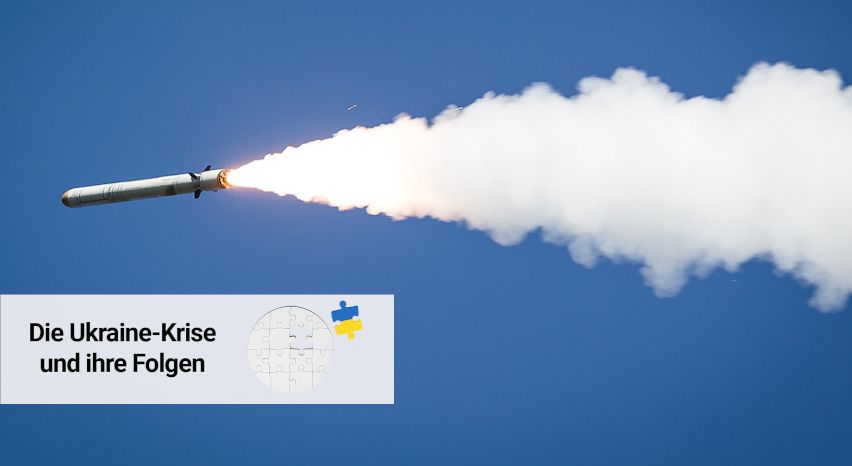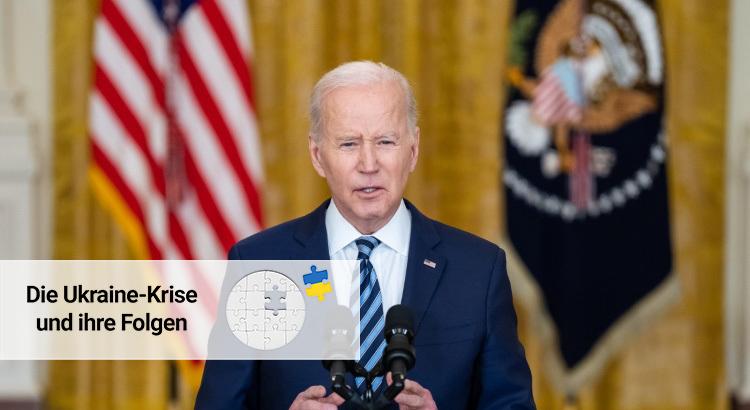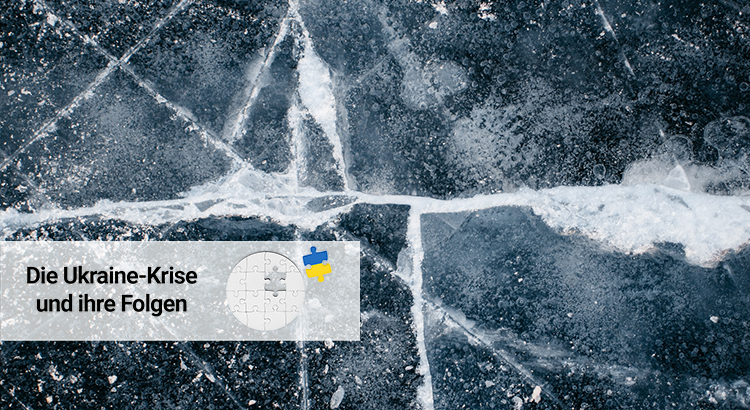Schlagwort: Russland
Russia has accused Ukraine of working on biological weapons, with the support of and the United...
Schießen und verhandeln – in vielen Konflikten kein Gegensatz
Schon kurz nach dem Überfall auf die Ukraine begannen die Kriegsparteien zu verhandeln. Viele...
Antirussische Ressentiments geben Putin Rückenwind
Wie Wladimir Putin sich im Angriffskrieg auf die Ukraine über Völkerrecht, rationale Abwägungen...
Wer im falschen Film spielt, den bestraft das Leben
Zeitenwende – aber wohin? Der Kanzler hat den Einmarsch von Putins Russland in die Ukraine eine...
France and the Russian-Ukrainian conflict: an analysis of Macron’s diplomatic efforts
Since December 2021, French President Emmanuel Macron and his Russian counterpart Vladimir Putin...
Blick zurück nach vorn: Was droht bei einer Belagerung ukrainischer Städte?
Bei ihrem Überfall auf die Ukraine sind die russischen Truppen auf größeren Widerstand gestoßen...
Totgesagte leben länger: Die Vereinten Nationen und der Krieg in der Ukraine
Die Vereinten Nationen (UN) scheinen machtlos im Krieg um die Ukraine. Die Organisation, die...
„High Alert“ in Europa: Risiken der beabsichtigten oder unbeabsichtigten nuklearen Eskalation des Krieges
Der Angriff auf die Ukraine hat auch eine nukleare Dimension: Putin rechtfertigte die Invasion...
Tanz auf tektonischen Platten: Biden und die US-Anti-Interventionisten in der Ukraine-Krise
US-Präsident Joe Biden hat sich in der Ukraine-Krise klar als Anführer des westlichen Widerstands...
Frieden am Ende? Die Eskalation im Russland-Ukraine-Konflikt und die Rolle der Friedenspolitik
Russland hat den Krieg begonnen. Der Angriff auf die Ukraine und die Anerkennung der...

